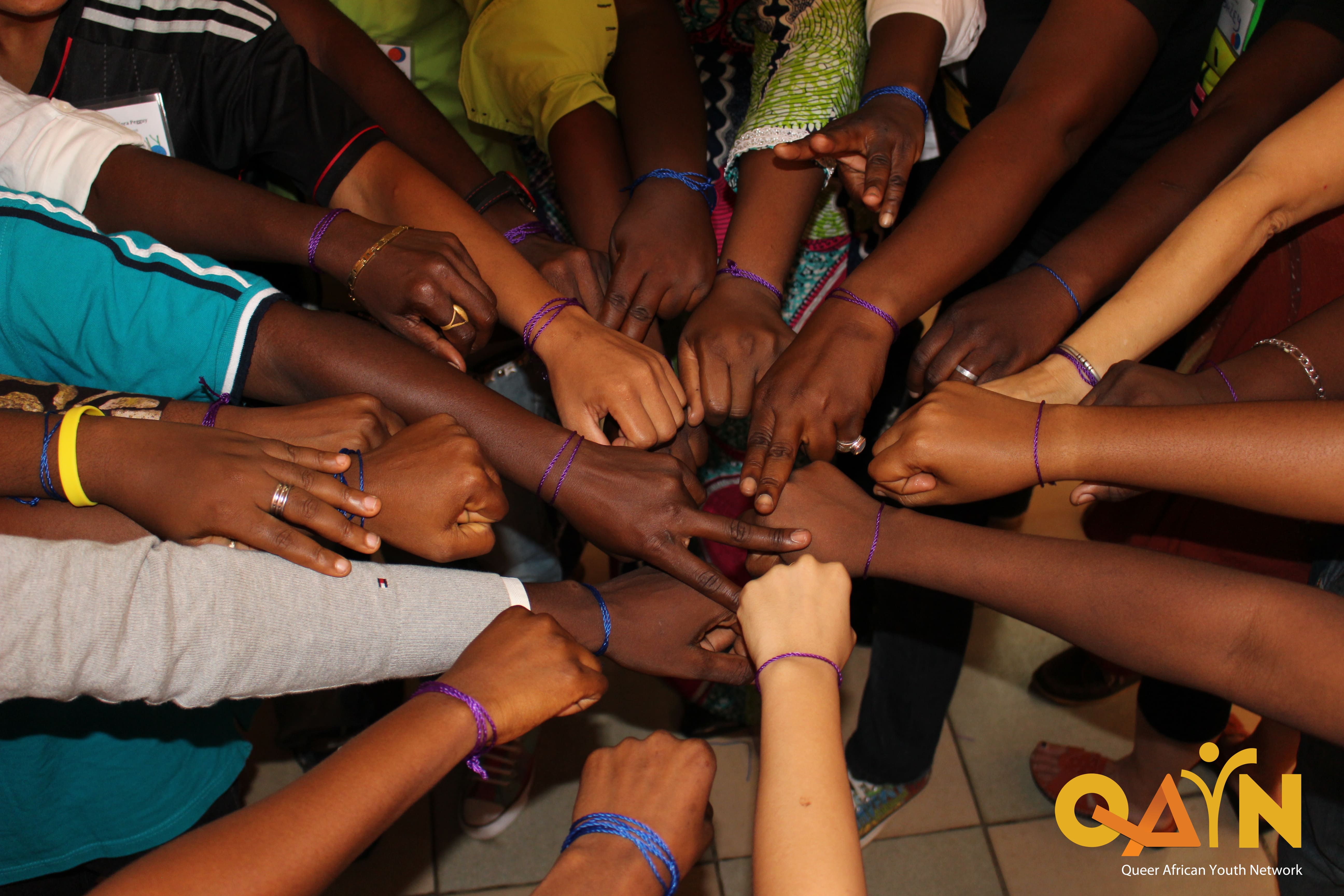Information, Protection, Empathy: Together against COVID-19
Dear Friends, Partners and Allies,
The world is currently going through difficult times in the face of the coronavirus disease pandemic, also known as COVID-19. The recent arrival of the disease on our African continent is particularly worrying given the already limited financial and medical resources of our countries. Our thoughts turn particularly to our LGBTQI communities, already made vulnerable by hostile social contexts, and for whom the current health crisis could potentially worsen living conditions.
Now more than ever, we need solidarity. And the best way to do this in these difficult times is through Information, Protection and Empathy.
Information
The novel coronavirus disease (COVID-19) is a new disease and as such, is subjected to a wide range of information. For the physical and mental well-being of all, we invite everyone to educate themselves through official channels such as the World Health Organization as well as competent authorities in your respective countries. In the face of this pandemic, information remains our best weapon, both for the collective mental well-being and for learning best practices to protect ourselves and others.
Protection
In the face of this pandemic, we urge everyone to strictly adhere to basic protective measures against the novel coronavirus, as indicated by the World Health Organization. In order to cope with the disease and limit its spread, many governments have already put in place measures such as border closures and movement restrictions, among other things.
We acknowledge that some of these measures will have a significant impact on the dynamics of our LGBTQI community spaces. However, we strongly encourage you to respect these protective measures and to contact relevant local authorities if necessary (see emergency hotlines below).
Given the current situation, QAYN has closed its offices and stopped all meetings and in-person activities. Our team members are now working remotely and limiting their travel, as recommended by local authorities. We all hope for a quick improvement of the situation in the various countries affected by this pandemic.
Empathy
As LGBTQI people and as Africans, we are not unaware of the importance of community and the benefits it can bring both socially and mentally. So, we encourage you to keep in touch (virtually of course!) and to check on each other regularly, especially those who are most at risk. Embodying empathy also means saying NO! to fear and stigmatization towards people who have been affected by the disease, and stand in solidarity with them.
Finally, we would like to express our gratitude to all those who, from near and far, work daily for the health and well-being of all, and for the eradication of this disease in particular. We show them our respect and admiration and ask you, once again, to be careful and to respect the measures in place in order to facilitate their task and promote the well-being of all.
In Solidarity,
Queer African Youth Network
COVID-19 Emergency Hotlines
- Bénin : 95 36 11 07, ou 51 02 00 00, ou 51 04 00 00 | Numéro vert CDC – 95 36 1104 or 95 36 11 02
- Burkina Faso : 35 35 | Numéro vert CDC – 61 63 63 99 ou 52 19 53 94
- Cameroun : 1510 | Numéro vert CDC – 677 899 369 ou 677 894 364 ou 677 897 644 ou 677 900 157
- Cap Vert : 800 11 12
- Côte d’Ivoire : 144 ou 143 ou 101 ou envoyez ‘CORONA’ au 1366
- Gabon : 1410
- Gambie : 1025
- Ghana : Numéro vert CDC – 509 497 700 ou 552 222 004 ou 552 222 005 ou 558 439 868
- Guinée : Numéro vert CDC – 629 995 656
- Guinée-Bissau : 1919 (MTN) ou 2020 (Orange) ou 966 050 002 (COES)
- Guinée Equatoriale : 1111
- Liberia : 4455
- Mali : 36061
- Mauritanie : 1155
- Niger : 15
- Nigeria : Numéro vert CDC – 800 9700 0010
- République Centrafricaine : 1212 | Numéro vert CDC – 72 28 71 53 ou 75 23 33 90
- République du Congo : 1414 or 1400
- République Démocratique du Congo : Numéro vert CDC – 854 463 582 ou 841 363 267
- Sénégal : 1515 | Numéro vert CDC – 800 00 50 50
- Sierra Leone : 117
- Tchad: 1313
- Togo : Numéro vert CDC – 22 222 073 ou 91 674 242

